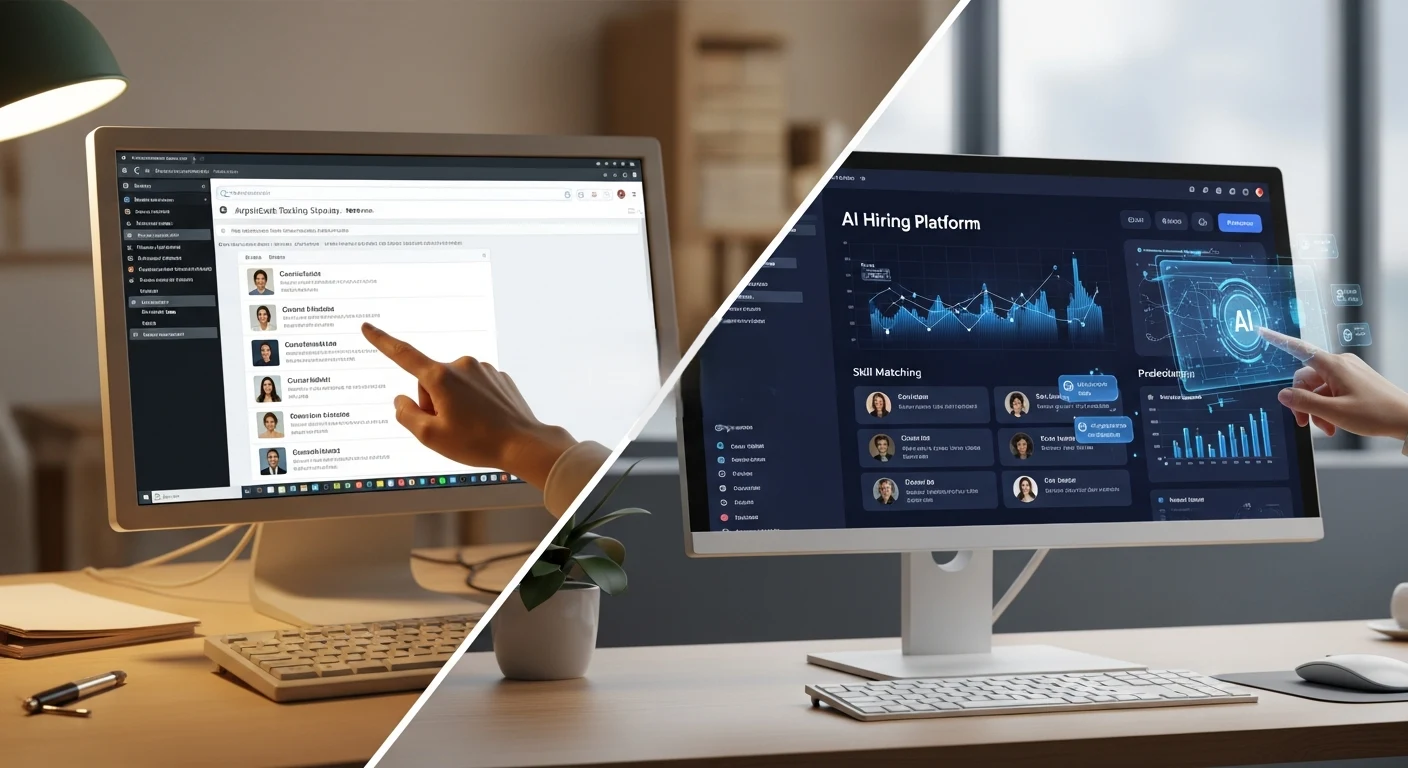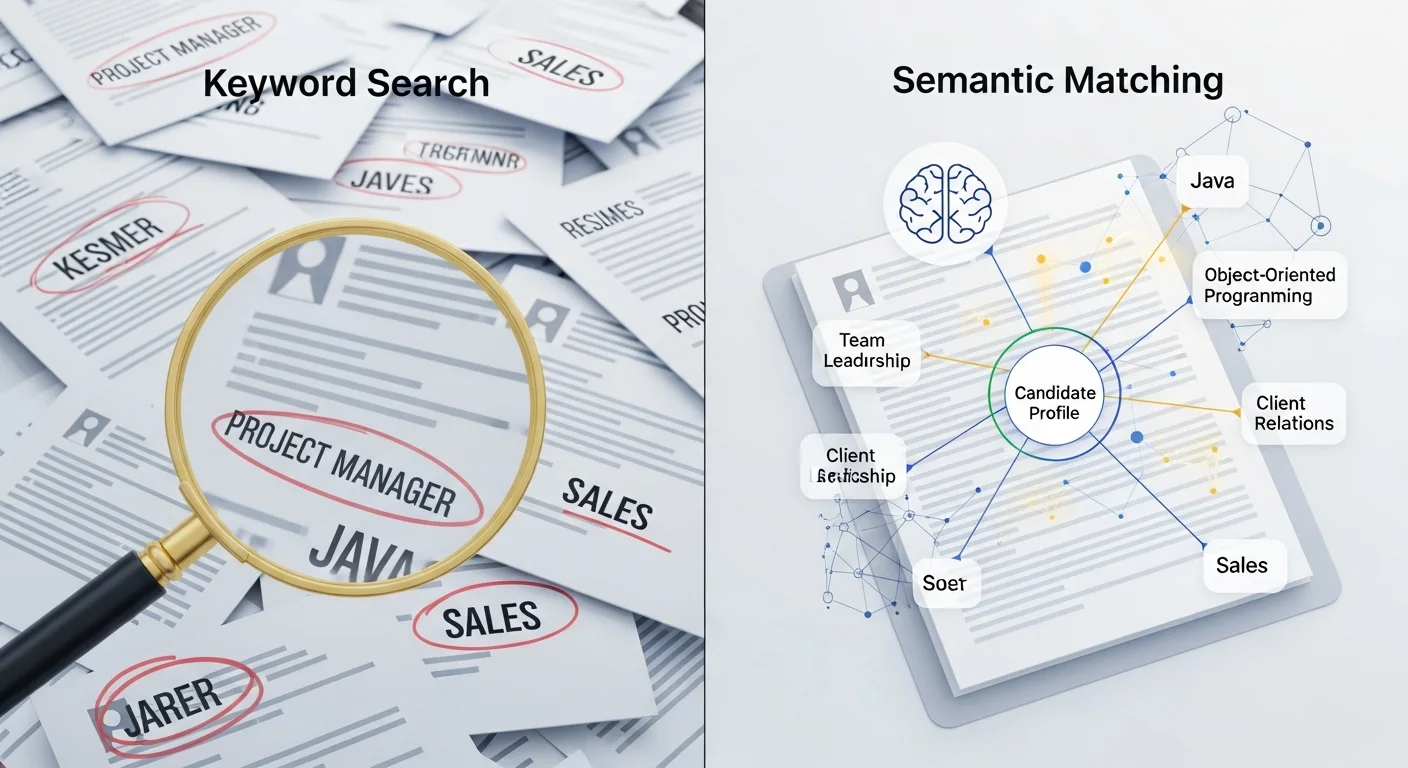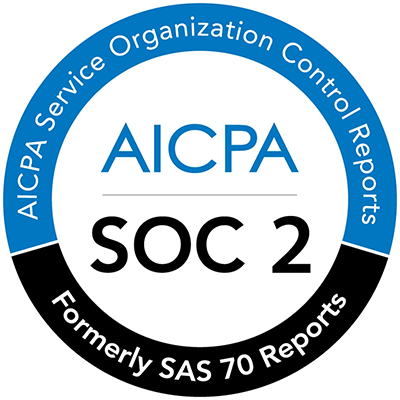This practical guide explains how recruiters can move beyond ATS-centered hiring by adding AI decision intelligence, reducing screening noise, and improving hiring outcomes while staying in control.

How AI is Changing the Job Market in Canada
Artificial intelligence isn’t just transforming business operations, it’s reshaping the Canadian job market itself. The balance between automation, human expertise, and new career opportunities is driving a wave of change across industries. This shift isn’t about AI replacing people entirely; it’s about creating a workforce where humans and AI collaborate to get more done. Let’s dive into how AI is changing job market in Canada
Introduction - AI and the Shifting Canadian Workforce
Canada’s workforce is undergoing a profound transformation as artificial intelligence becomes woven into day-to-day business operations. From manufacturing lines powered by predictive maintenance, to marketing teams leveraging AI-driven personalization, to HR departments adopting automated recruitment platforms, AI is no longer a future possibility - it’s a present reality.
Employment trends in Canada reveal a mixed picture: optimism about efficiency and innovation, but also caution around disruption. AI is undeniably reducing repetitive, manual workloads, yet instead of simply replacing jobs, it is reshaping them. Workers are being asked to rethink their skills, adapt to new tools, and find value in tasks that require human judgment, creativity, and empathy.
This shift brings both opportunities and challenges: workers must reskill to stay relevant, employers must invest in training, and policymakers must ensure ethical, inclusive adoption. What’s clear, however, is that AI is not just changing how Canadians work - it’s reshaping the very structure of the job market itself.
The Impact of Automation on Traditional Jobs
Automation is having very real effects on traditional roles in Canada, but not always in the ways headlines suggest. Retail cashiers are being supplemented by self-checkout systems, and manufacturing teams are supported by robotics - but the outcome isn’t a wholesale disappearance of jobs. Instead, responsibilities are shifting, with humans moving toward tasks that machines can’t yet do effectively.
For example, AI recruitment tools like Aicruit have transformed the hiring industry. What once took recruiters weeks - from screening hundreds of resumes to conducting initial interviews, can now be automated within hours. Aicruit manages the end-to-end process, including AI-driven resume screening, structured AI interviews, AI coding challenges for software engineer roles and even final offer recommendations. This reduces repetitive tasks for recruiters, freeing them to focus on higher-value work such as building relationships with candidates and making strategic hiring decisions. In this way, AI isn’t replacing recruiters, but enabling them to work faster, smarter, and with greater impact.
At the same time, workers need support to transition. Companies that ignore this reality risk falling behind, while those that embrace it will find themselves better equipped to face the future of work.
Emerging Job Roles Created by AI
While some positions are being automated, others are being created at a rapid pace. Think about data labeling specialists, AI ethicists, or machine learning engineers - roles that barely existed a decade ago. The rise of future jobs with AI in Canada shows just how many career paths are expanding thanks to AI.
Even beyond tech-heavy positions, AI is creating new career paths in fields like HR, marketing, and healthcare.In HR, AI recruitment platforms like Aicruit reduce the need for staff to handle repetitive initial screenings. Instead, new roles are emerging - such as recruitment analysts who can just focus on interpreting AI candidate insights. In marketing, roles are emerging around managing AI-driven customer insights and personalization engines. In healthcare, nurses are being trained to use AI-powered diagnostic tools, giving them new specialties within patient care.
This is the dual nature of the impact of AI on Canadian workforce, it takes some roles off the table but replaces them with fresh, higher-value ones. For many Canadians, the challenge isn’t “Will there be jobs?” but “Will I have the right skills for those jobs?”
How AI Reshapes Skills & Training Needs
Here’s where things get really interesting: AI isn’t just creating new job titles - it’s reshaping what success looks like in existing ones. Across Canadian industries, employers are raising the bar on hybrid skillsets: the ability to combine technical literacy with timeless human strengths. For example, recruiters now need to understand how to work with AI-powered hiring platforms while still exercising judgment in cultural fit and negotiation. In healthcare, doctors use AI diagnostic tools but must translate results into compassionate patient care.
Instead of asking workers to become programmers, the demand is for professionals who can work alongside AI tools—understanding what they do, where their limits are, and how to apply them effectively. The impact of AI on the Canadian workforce is pushing universities, colleges, and even employers to rethink training. Canadian universities, colleges, and private bootcamps are rolling out programs on AI literacy, while employers are launching in-house upskilling tracks. Companies that thrive in this environment won’t just adopt AI; they’ll equip their teams to co-pilot it.
See how AI is reshaping the HR industry: [Top Canadian HR Challenges Solved by AI Recruiting].
The Long-Term Outlook for AI in the Canadian Job Market
So, what’s next? AI employment trends in Canada suggest that adoption will continue to accelerate throughout the next decade, reshaping nearly every sector, from recruitment and finance to education and logistics. This doesn’t signal an end to human jobs; rather, it signals a transition where traditional roles are being reshaped by technology.
Instead of mass job loss, we’re seeing a move toward a collaborative workforce. The future will not be “AI replacing humans,” but “AI working alongside humans.” For example, AI may handle scheduling, data entry, predictive analytics, and other repetitive tasks, while employees focus on strategic decision-making, innovation, and relationship-building.
The long-term reality is that future jobs with AI in Canada will be defined by a hybrid model. Professionals will need to bring human-centric skills such as critical thinking, problem-solving, creativity, empathy, and ethical judgment while AI tools provide efficiency, speed, and data-driven insights. This combination ensures that businesses remain innovative while keeping a strong human element in decision-making.
Forward-thinking organizations that invest in reskilling their workforce, update training programs, and redesign workflows today will be better positioned to thrive. Companies that wait until disruption is at their doorstep may struggle to catch up. Ultimately, AI is not just a technological upgrade, it’s a long-term shift in how Canada’s workforce creates value.
Want to dive deeper into where recruitment specifically is heading? Check out our article: [Future Trends in AI-Driven Recruitment for Canadian Businesses].
Conclusion – Balancing AI Adoption with Workforce Opportunities
The story of AI changing the job market in Canada isn’t one of destruction but of evolution. Yes, automation is reshaping some roles, but it’s also creating exciting new ones. The companies and workers who adapt quickly through reskilling, innovation, and embracing automation will thrive.
Balancing the opportunities of automation and jobs in Canada means recognizing that while AI does some tasks better, humans bring creativity, empathy, and judgment AI simply can’t replicate. The AI employment trends in Canada prove that both can - and should coexist.
Recruitment is a prime example: with tools like Aicruit, Canadian businesses are not replacing recruiters but empowering them with automation and insights to hire smarter and faster.
For businesses, the question is simple: will you adapt now or wait until the disruption forces your hand? Those who embrace AI today will not only remain competitive but also help build a more inclusive, forward-looking job market.
For a broader look at how AI is transforming hiring, explore our comprehensive guide: [AI Recruiting in Canada (2025): How AI is Transforming Hiring].

Book a 30-minute demo and see how AI-powered recruiting can help you find the right talent faster, without the guesswork.










